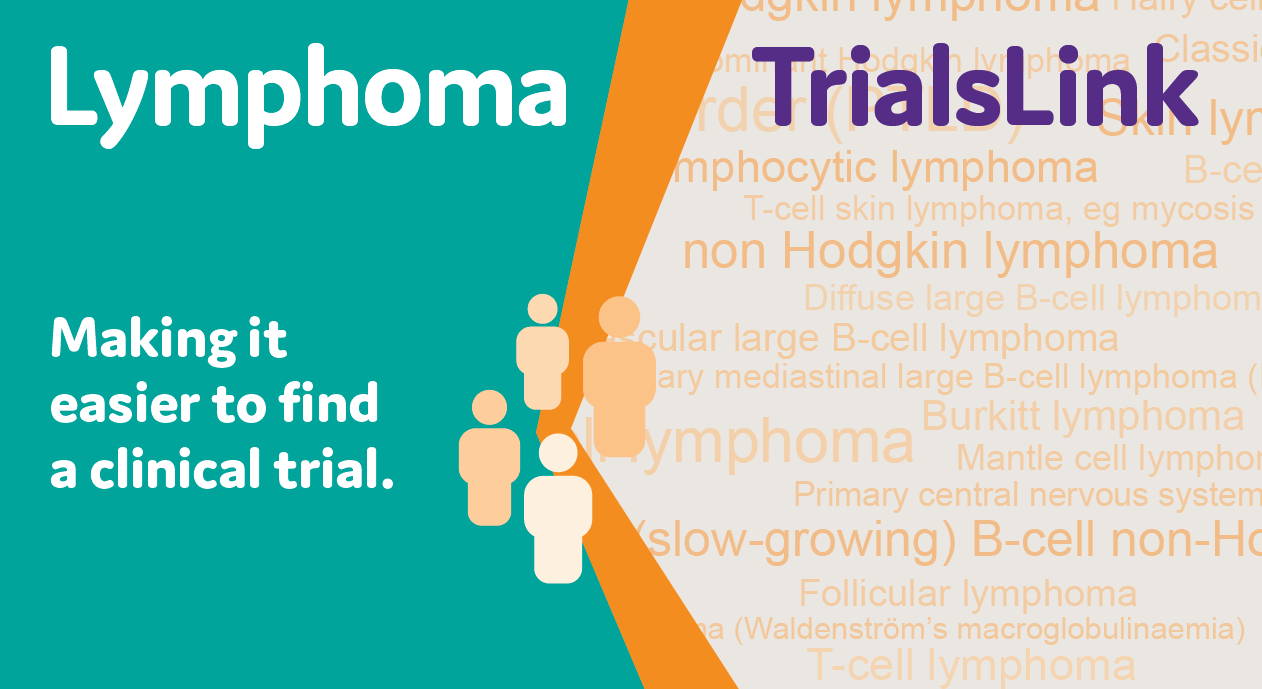Ask the expert: About clinical trials
Published on: 29 July 2021How can I find out about a trial that may be suitable for me?

Each person diagnosed with lymphoma will have their case discussed at an MDT meeting. If your doctor feels a trial is an appropriate option they will discuss it with you.
If it is something you would be interested in finding out more about, then an appointment is made with the trial coordinator, nurse or doctor. Not everyone can take part in a clinical trial as there are only a limited number of trials at any one time and each trial has a limited number of places. But don’t be afraid to ask your medical team if there is a trial that may be suitable for you. You can look at the Lymphoma TrialsLink database for trials currently open for people with lymphoma.
Find out more about clinical trials, and search our lymphoma-specific database, with our Lymphoma TrialsLink service.
There are many types of trial for lymphoma. Some drugs may already be used in certain types of lymphoma and are being investigated to see whether it works in other types of lymphoma. Some are looking at reducing the amount of the drug to reduce side effects.
In many trials, everyone has the same treatment, which is often more experimental, so it may allow you access to newer treatments. Do remember though that newer is not always better. In some larger trials people are randomised. This is where you are put into groups that have different treatments. So one group might have standard treatment and the other group might have the new treatment. You are put into a group at random using a computer. You can’t choose which group you are in and neither can your doctor or treatment centre. In some trials patients are ‘blinded’ which means neither you nor your medical team know which treatment you are on.
Many people considering a clinical trial worry that they won’t get treatment that works and will instead get a dummy treatment – a placebo. It is not ethical to give you a dummy treatment if you need active treatment for your lymphoma and if a trial contains a placebo you will always be informed of that.
There are cases where analysis carried out early finds that the study drug is doing much better. In these cases, people having the alternative drug will be moved to the more effective drug.
There are also a few examples where people on the investigational arm do worse than those on the standard of care arm. In this case, the trial would be stopped. This is rare.
This question appeared in Lymphoma Matters 113. With thanks to Dr Graham Collins, Haematology consultant and lymphoma lead, Oxford University Hospitals.
Our updated Clinical trials for lymphoma booklet is now available to download or order through our shop.
29 July 2021
